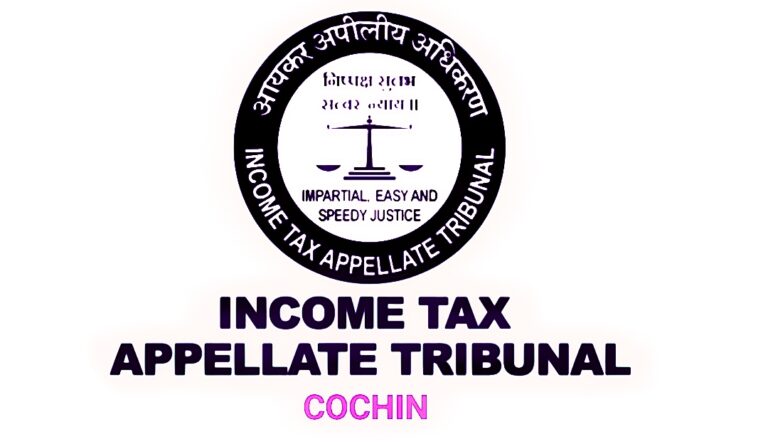In a significant relief to a retired government employee, the Income Tax Appellate Tribunal (ITAT), Cochin Bench, quashed a penalty imposed for “misreporting of income” under Section 270A(9) of the Income-tax Act, 1961. The Tribunal held that a bona fide and fully disclosed claim for a higher gratuity exemption cannot be treated as misrepresentation or suppression of facts.
Background of the Case
The assessee, a retired employee of the Kerala State Finance Corporation, filed her income tax return for AY 2018-19 claiming ₹10 lakh exemption under Section 10(10) for gratuity received.
Subsequently, she filed a revised return claiming an enhanced exemption of ₹20 lakh, relying on the Government of India’s Notification S.O. 1420(E) dated 29 March 2018, which raised the ceiling limit for gratuity exemption.
The Assessing Officer (AO), however, rejected the higher claim, stating that the notification applied only to employees retiring on or after 29 March 2018. He treated the additional exemption claim as misreporting of income and levied a penalty of ₹2.20 lakh under Section 270A(9). The penalty was later confirmed by the CIT(A) and NFAC.
Tribunal’s Ruling
The Cochin ITAT disagreed with the tax authorities and ruled in favour of the assessee. The Tribunal observed that:
- The assessee had disclosed all relevant facts in her return and had not concealed any income.
- The claim for higher exemption was made based on a bona fide interpretation of the government notification.
- Merely making an incorrect or higher claim does not amount to misreporting unless there is evidence of deliberate falsification or suppression of facts.
Accordingly, the ITAT deleted the penalty of ₹2.20 lakh, holding that the case involved a genuine difference of interpretation rather than any attempt to mislead the department.
Key Takeaways
- Bona fide claims made with full disclosure are not penalizable under Section 270A(9).
- For a penalty on “misreporting,” the department must establish intentional misrepresentation or concealment.
- Enhanced or mistaken exemption claims, when supported by legal interpretation or notifications, can be treated as genuine errors.
- The ruling reinforces the principle that tax penalties cannot be imposed merely for making a debatable claim.
Legal References
- Section 10(10) — Exemption of gratuity received.
- Section 270A(9) — Penalty for misreporting of income.
- Notification S.O. 1420(E) dated 29 March 2018 — Enhancement of gratuity exemption limit to ₹20 lakh.
Conclusion
This ruling offers much-needed clarity for taxpayers making claims based on government notifications or evolving interpretations. The Cochin ITAT has reaffirmed that transparency and bona fide conduct shield taxpayers from harsh penalties — even when their claims are ultimately disallowed.
